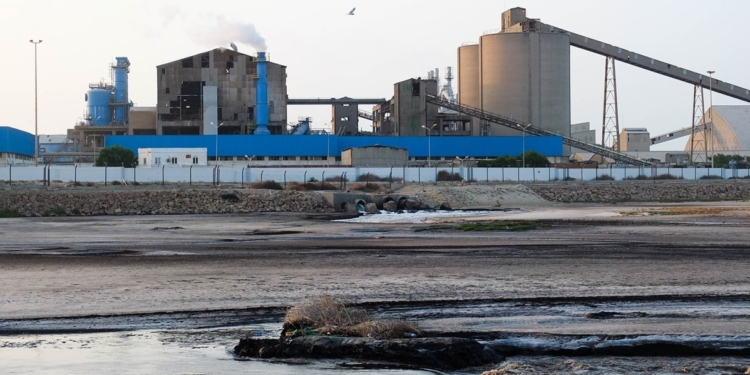During the plenary devoted to the 2026 budget of the Ministry of Industry, the environmental situation in Gabès overshadowed all other issues. The deputies denounced the State’s inaction in the face of phosphogypsum dumped at sea and health damage, while the minister tried to reassure the government’s priorities.
Gabès at the heart of concerns
The joint report of the parliamentary committees on Industry and productive sectors opened the way to a debate dominated by the environmental crisis in Gabès, described as one of the most serious in the country.
The deputies highlighted the situation of the Gabès chemical group, the state of the industrial complex and especially the continued discharge of phosphogypsum at sea, considered a major factor in pollution and health risks.
Several elected officials have warned of the increase in cancers, the degradation of oases, the impoverishment of agricultural land and the collapse of fishing. Many demanded sustainable solutions, accountability of public actors and respect for the constitutional right to a healthy environment.
Some parliamentarians also called for an urgent national decision concerning the dismantling of the dilapidated units of the chemical complex, accusing the ministry of a lack of coordination with elected officials in the region.
MP Abdelhalim Bousma, for his part, supported a pragmatic approach: treating large public industrial companies on a case-by-case basis – notably the CPG and the Tunisian Chemical Group – and considering public-private partnerships to reduce the financial burden on the State.
The minister defends a gradual approach
Faced with a tense hemicycle, the Minister of Industry assured that Gabès is among the government’s priorities. He also recalled that the State remains committed to the preservation of employment and public enterprises, affirming that the President of the Republic is personally following this issue.
The minister mentioned the existence of urgent programs, but also of medium and long-term plans aimed at improving production and strengthening compliance with environmental standards.
Read also








